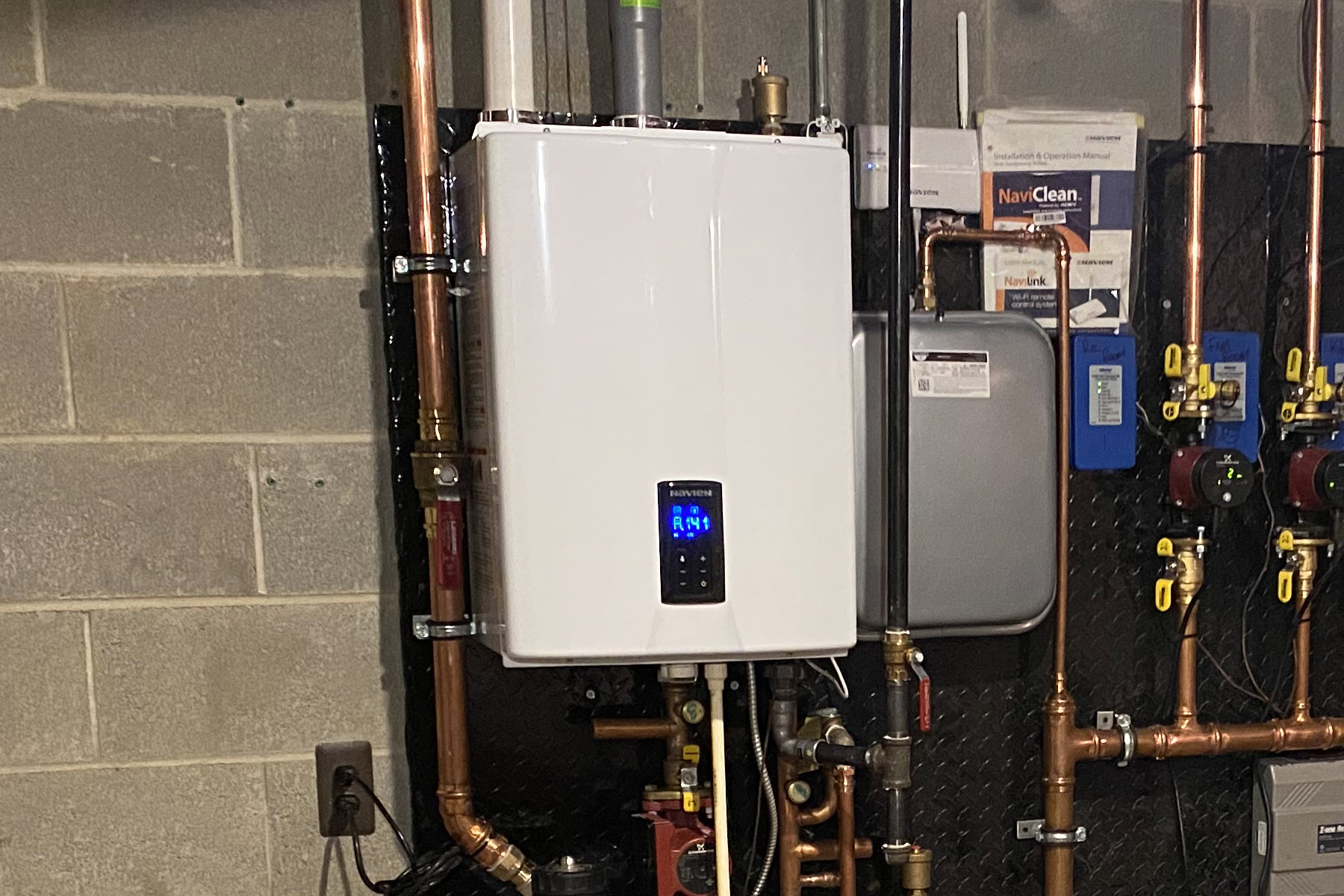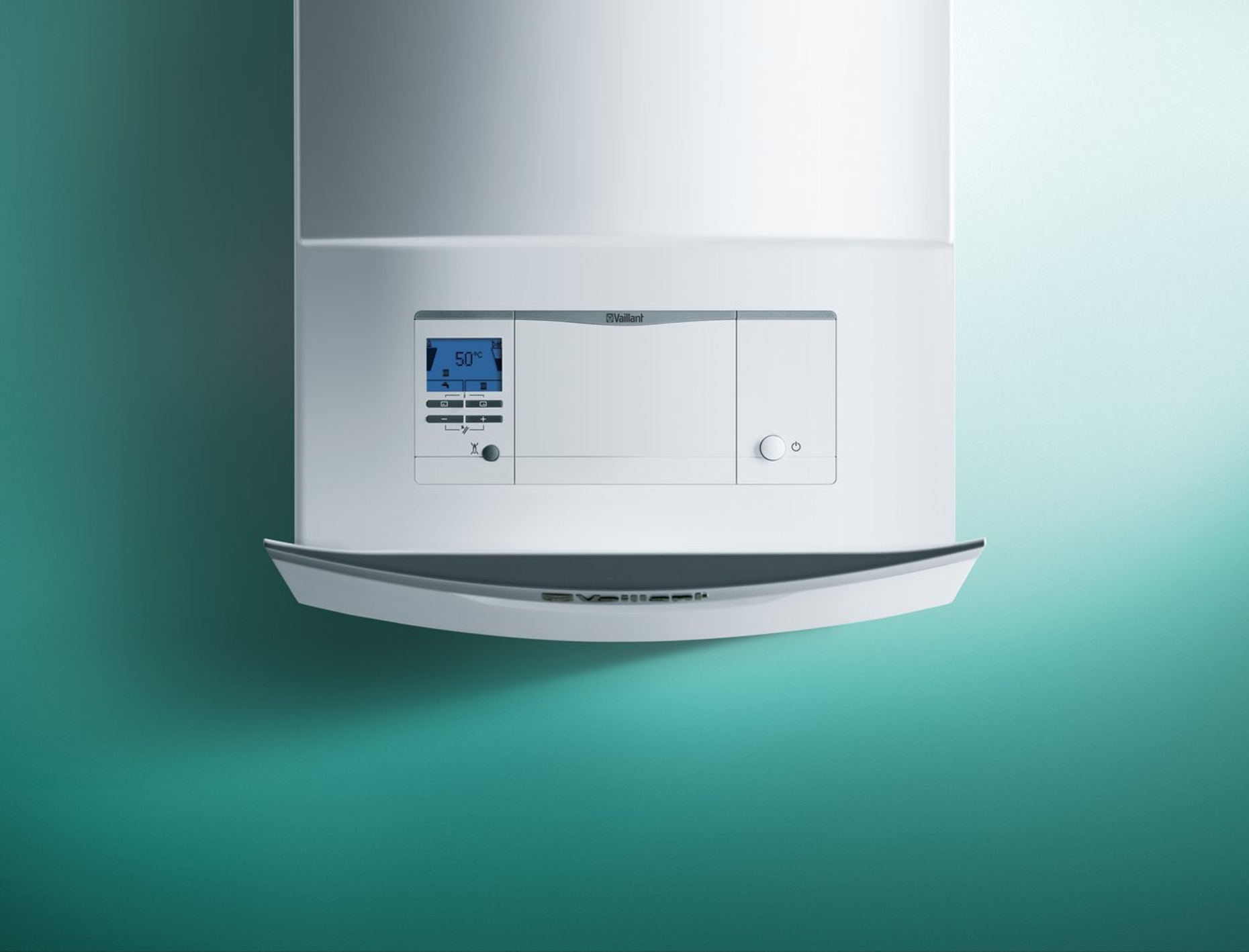A cold shower on a winter morning or a home that just won’t warm up—these are the last things anyone wants. Often, the culprit is a boiler fault, and the dreaded F1 error code is a common issue for many homeowners. This error typically signals a loss of pressure, leaving you without heating or hot water. As experienced heating experts in Birmingham, we’ve seen it all. The good news is that preventing an F1 boiler fault is often straightforward. This guide will walk you through expert tips to maintain your boiler’s health and efficiency for the long term.
What Causes an F1 Boiler Fault?
Understanding the problem is the first step to preventing it. An F1 fault code almost always points to low water pressure in your central heating system. Your boiler needs a stable level of pressure to circulate hot water effectively through your pipes and radiators. When the pressure drops too low, a safety mechanism kicks in, shutting down the boiler and displaying the F1 error.
Common reasons for pressure loss include:
- A leak somewhere in the system: This could be a dripping radiator valve, a loose pipe joint, or an issue within the boiler itself.
- Bleeding radiators: Releasing trapped air from your radiators also releases a small amount of water, which can cause the pressure to drop over time.
- An issue with the pressure relief valve: This component is designed to release excess pressure, but if it develops a fault, it might let water out when it shouldn’t.
How to Keep Your Boiler in Top Shape
Proactive maintenance is the best way to avoid unexpected breakdowns and costly repairs. Here are our top tips for preventing the F1 fault and ensuring your boiler runs smoothly.
1. Check Your Boiler Pressure Regularly
Get into the habit of checking your boiler’s pressure gauge at least once a month. The gauge is usually located on the front of your boiler. For most modern boilers, the ideal pressure when the system is cold is between 1 and 1.5 bar. The correct range for your specific model will be indicated on the gauge, often with a green zone. If the needle drops into the red, it’s time to re-pressurise the system.
2. Know How to Top Up the Pressure
If you find the pressure is low, you can often fix it yourself by “topping up” or re-pressurising the system. This involves using the filling loop—a small, flexible hose with a valve at each end—to let more water into the system from the mains. While the process is simple, it’s important to consult your boiler’s manual first. Be careful not to over-pressurise the system. If you’re unsure, it’s always best to call a professional.
3. Bleed Your Radiators Correctly
Bleeding your radiators is essential for keeping your heating system efficient, as it removes trapped air that can cause cold spots. However, doing so will lower your system’s pressure. After you’ve bled your radiators, always remember to check the boiler’s pressure gauge and top it up if necessary.
4. Schedule Annual Boiler Servicing
The single most effective way to prevent boiler faults is to have it serviced annually by a Gas Safe registered engineer. During a service, an expert will carry out crucial safety checks, clean key components, and identify potential issues before they become serious problems. At Celmeng Group, our Birmingham-based engineers can spot signs of wear and tear that could lead to pressure loss, saving you from the headache of an F1 fault down the line.
Your Trusted Partner for Boiler Health
While simple checks and maintenance can go a long way, some issues require an expert eye. If you constantly have to re-pressurise your boiler or suspect there’s a leak, it’s time to call in the professionals.
At Celmeng Group, we are your local experts for all plumbing and heating needs in Birmingham. Our Gas Safe registered engineers have years of experience diagnosing and fixing boiler faults efficiently. Don’t wait for a breakdown—contact us today for a boiler service or expert advice. Call us on 0121 608 0460 or visit our website to get a free quote.


